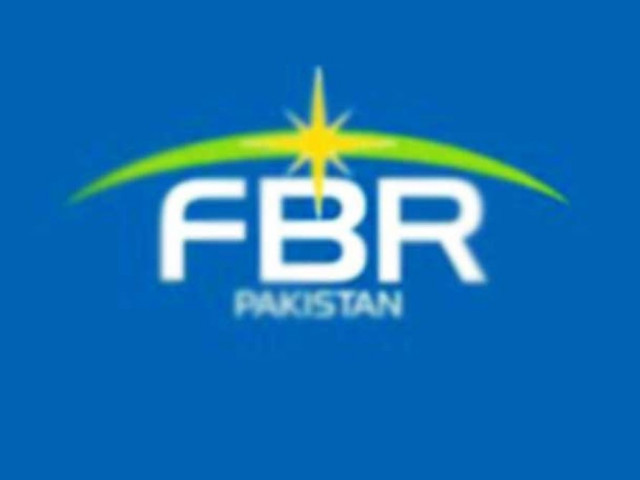Rewarding dishonesty?: Another tax amnesty scheme, another impending failure
Amnesty schemes come across as a reward for people who have evaded the system and a disincentive for honest taxpayers.

The Federal Board of Revenue is stuck between a rock and a hard place. It is under pressure to keep on increase revenue generation every year, but has failed miserably at increasing the size of the tax base. The culture of tax evasion and tax avoidance is simply too deeply entrenched for an idea like this to bear fruit.
Historically, all tax amnesty schemes launched by different governments have failed. In fact, Pakistan has a tax amnesty scheme in the form of section 111(4) of the Income Tax Ordinance, 2001 that ensures that no question will be asked for any amount of money remitted from abroad through normal banking channels and encashment in Pakistani rupees is made. This section is basically in place to encourage remittances. This is also the primary reason why tax evaders need not bother with any other scheme.
Not only will this scheme be a futile exercise but may also send the wrong message to an honest taxpayer. Yes, I mean the millions of salaried employees across the country, who – whether they want to or not – are paying tax to the government, and seemingly getting little or nothing in return. They are surely going to feel as if they got the raw end of the deal. I wonder how many of them are wondering right now, why they never got any kind of relief, incentive or benefit, for being a tax-payer, but a criminal will now get amnesty?
The FBR is expected to launch the “Tax Registration and Investment Scheme-2012” this month under which undisclosed assets will be legalised on payment of less than one per cent tax. The government hopes to net as much as R152 billion from this scheme and also double the tax-base to about 7.5 million tax payers across the country. Is it any surprise that many within the FBR doubt the efficacy of this scheme as was apparent in the FBR board meeting held last week to debate the issue?
This scheme will certainly create no fans among existing users. Such amnesty schemes demoralise honest taxpayers and provide impetus to tax dodgers and evaders and add to the size of the black economy which has swelled to over 60 per cent of the registered economy according to some estimates. It goes without saying that such schemes are against the fundamental rights enshrined in Section 25 of the Constitution.
The last five amnesty schemes announced by the FBR all failed to produce results, therefore, there should be no illusion about the forthcoming scheme. In fact, what has been seen to a great extent in the past is that these schemes were mostly availed by registered taxpayers to legalise those parts of their ill-gotten wealth and undisclosed assets which they had concealed from tax authorities over the years.
It is surprising that in this era of information technology, the government has to resort to such schemes. There are countless ways to get information about individuals and make an assessment of their possible net worth. Nadra is one such organisation. Then there utility companies which can also be a source for assessing worth. Property deals are registered, as are car sales.
No political party has so far been able to come up with a viable road-map for increasing the tax base. No one has been able to figure out how to bring agriculture into the net, how to deal with the opposition that this proposal always faces. Tax amnesty schemes are a cop out. The only way is to pass effective asset-seizure legislation and confiscate all untaxed and undeclared assets. It would also not be a bad idea to build trust with tax-payers, that their money is being put to good use.
Published in The Express Tribune, October 1st, 2012.



















COMMENTS
Comments are moderated and generally will be posted if they are on-topic and not abusive.
For more information, please see our Comments FAQ